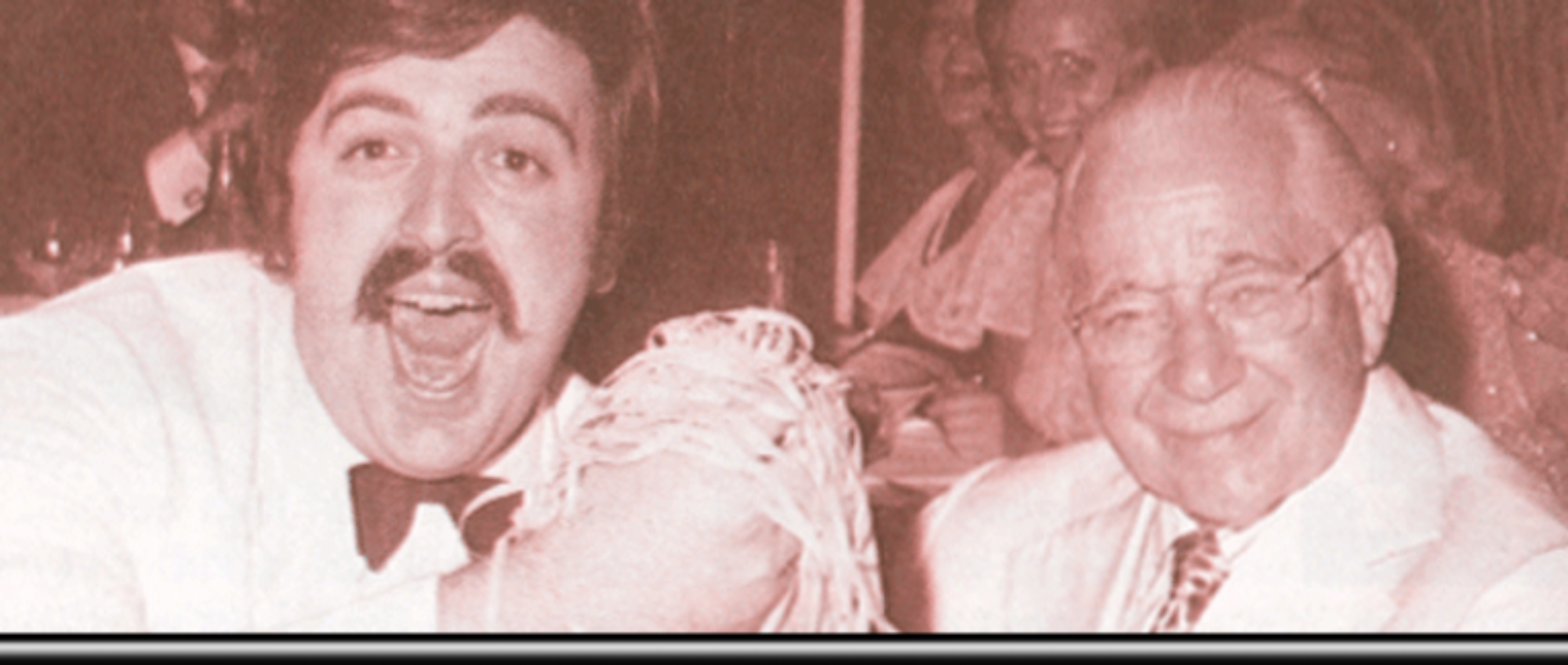Cornwall isn’t the only one to lose his job since the publication of Ambassador Report. In the November 14, 1977, Pastor’s Report the WCG made this surprise announcement:
“After consultation with Stanley R. Rader… and Ray Wright, Business Manager for the Church, Garner Armstrong notified Osamu Gotoh that the Worldwide Church of God would no longer require his services as Consultant for International Affairs… during the past two years [Gotoh] has spent the greater part of his time in Japan other parts of the world where he has been rendering services to the church in connection with Mr. Herbert Armstrong’s overseas visits and campaigns…”
The most startling announcement, however, was predicted by Publishers Gerringer and Trechak in the Los Angeles Times (12/22/77):
“A power struggle reportedly is building within the Worldwide Church of God and Ambassador College because of the age and ill health of Herbert W. Armstrong….
“Stanley R. Rader, general counsel for the church-college, denied any struggle, but a group of former church members say that persons close to Armstrong are aligning themselves with Rader while others are siding with Armstrong’s son, Garner Ted, 47.
“Two of the former church members, Robert Gerringer and John Trechak, say that the struggle is reflected in letters that the younger Armstrong wrote to ministers of the church and to Henry F. Cornwall, an associate of Rader’s and head of Worldwide Advertising Inc., which handles advertising for the Armstrong organizations. There also have been strong exchanges between Cornwall and Ronald Dart, one of Garner Ted Armstrong’s top aides….
“Gerringer said there has been talk for months within the Armstrong organizations about how the forces are lining up on Rader and Garner Ted Armstrong’s sides. Gerringer and Trechak point to Media File, a publication started last month by Cornwall’s advertising corporation and distributed within the organizations, as evidence of the growing split Cornwall is a close associate of Rader….
“But in his report [Media File], Cornwall also accused Dart of ‘doing everything possible to destroy my reputation at headquarters and outside of headquarters.’ Cornwall threatened to sue Dart if he did not receive an apology. But Cornwall told The Times that he met last week with Garner Ted and Dart and ‘resolved all differences’ with Dart….
“Rader said there is no foundation to reports of a power struggle…. Rader said he and the elder Armstrong and Garner Ted ‘have always worked closely together.’
“However, Gerringer and Trechak said it is ‘common knowledge and has been for years that Garner Ted and Rader do not get along.’
“Over the years, Rader, 47, has been a constant companion of the elder Armstrong, accompanying him on most of his world trips.
“Garner Ted’s confidants; on the other hand, are Dart and Robert Kuhn… .”
The Pasadena Star News (1/28/78) carried the final announcement: “Ambassador Director Resigns.”
“Stanley R. Rader, for many years the chief spokesman for Pasadena’s Ambassador College and its parent organization, the Worldwide Church of God, has resigned as an officer and director of both the church and college.
“He will become senior consultant to the church and remain personal advisor to Herbert W. Armstrong, famed radio evangelist who founded both the church and the college, said Armstrong in a news release….
“The resignation follows lingering rumors in the church and college community of a power struggle between Rader and Garner Ted Armstrong, son of the founder, since a heart attack idled the elder Armstrong some five months ago….
“Rader, for more than two decades the close personal advisor of Herbert Armstrong, discounted rumors that there is a power struggle between himself and Garner Ted Armstrong….
“‘There is no rift,’ he said. ‘But that doesn’t mean that Mr. Herbert Armstrong and I, or Mr. Garner Ted Armstrong and 1, don’t have differences of opinion.’
“The resignation was not forced, Rader said, and was not an attempt to remove him from a position of authority or power base.
“‘I would not like to have control of the organization,’ Rader said. ‘I have never thought of it. That has not been my calling. Whoever leads the work must be involved in the spiritual aspect rather than the so-called secular side,’ Rader continued. ‘That’s where the leadership must come from. If there were a struggle for power, you would have to look to a different element for the source.’
“Of the immense wealth of the organization, Rader said, ‘If anyone had that in mind to control, that person would have to be characterized as morally and spiritually reprehensible….'”

